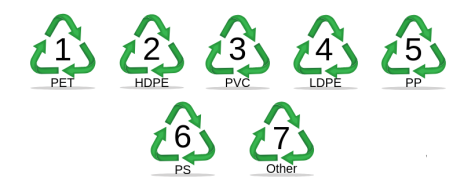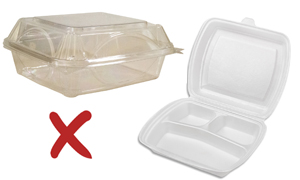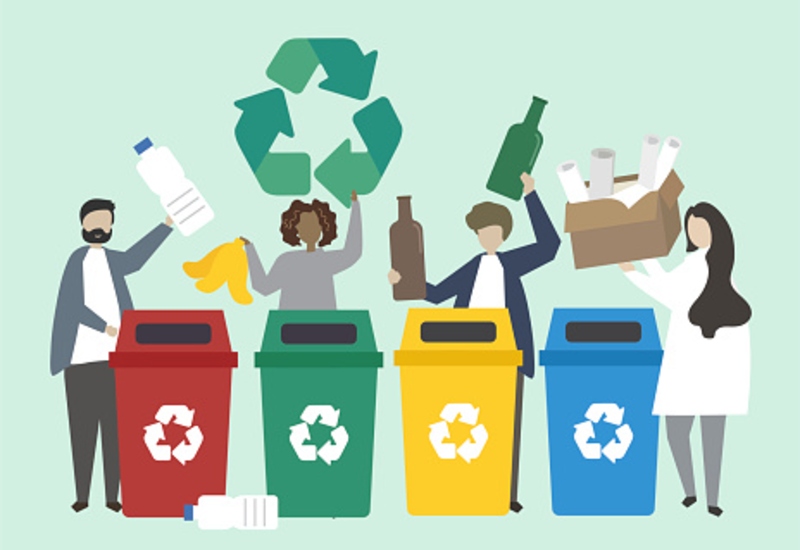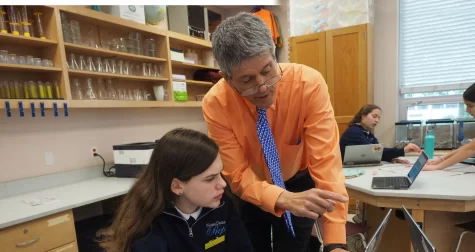Do’s and Don’ts of Recycling
March 31, 2022
Many people think that almost anything and everything is recyclable. Alas, that is not the case. There are many rules and regulations of recycling; which are different for each country, state, and county. Just because you see a sign, like the ones pictured, doesn’t always mean it is recyclable in your area. Each of these labels represents of different type of plastic so the recycling companies can identify it.


What most people don’t know is that very few of the things we use daily are recyclable. Many small plastics, aluminum, or cardboard items cannot be recycled because they are too little. On the other hand, many plastics we use in our everyday lives, like clamshell packaging (takeout containers), cannot be recycled because it is not profitable to recycling companies. This is the case for many plastics, there is no market for them so therefore they cannot be recycled. But learning the tricks of recycling can do a great deal of help to the environment and the recycling agencies.
Here are some helpful recycling and zero waste tips!
DO
Check your county’s rules for recycling.
It will inform you what kind of plastic, cardboard, metal, and glass can be recycled.
This helps your county and the environment; less work for sifters in the recycling facilities and more actual recycling gets done!
DON’T
“Wish-cycle.”
This is when we recycle something we hope, or wish will get recycled without actually checking if it is recyclable in our area.
DO
Find reusable options for your daily necessities.
Including reusable utensils (since these usually can’t be recycled), containers (glass, plastic, bees wrap, etc.), or grocery bags (tote bags for example).
DO
A quick rinse of recyclables before you dispose of them.
Leftover food can taint other recyclables like paper and cardboard and make them unusable.
DON’T
Leave a lot of food residue on your recyclables.
For example, soda, yogurt, salad dressing
Using these tips in your everyday life will help the environment a lot more than you think!








Katie • Apr 28, 2022 at 9:59 am
you ate this up! Perfect for Earth Week this week.